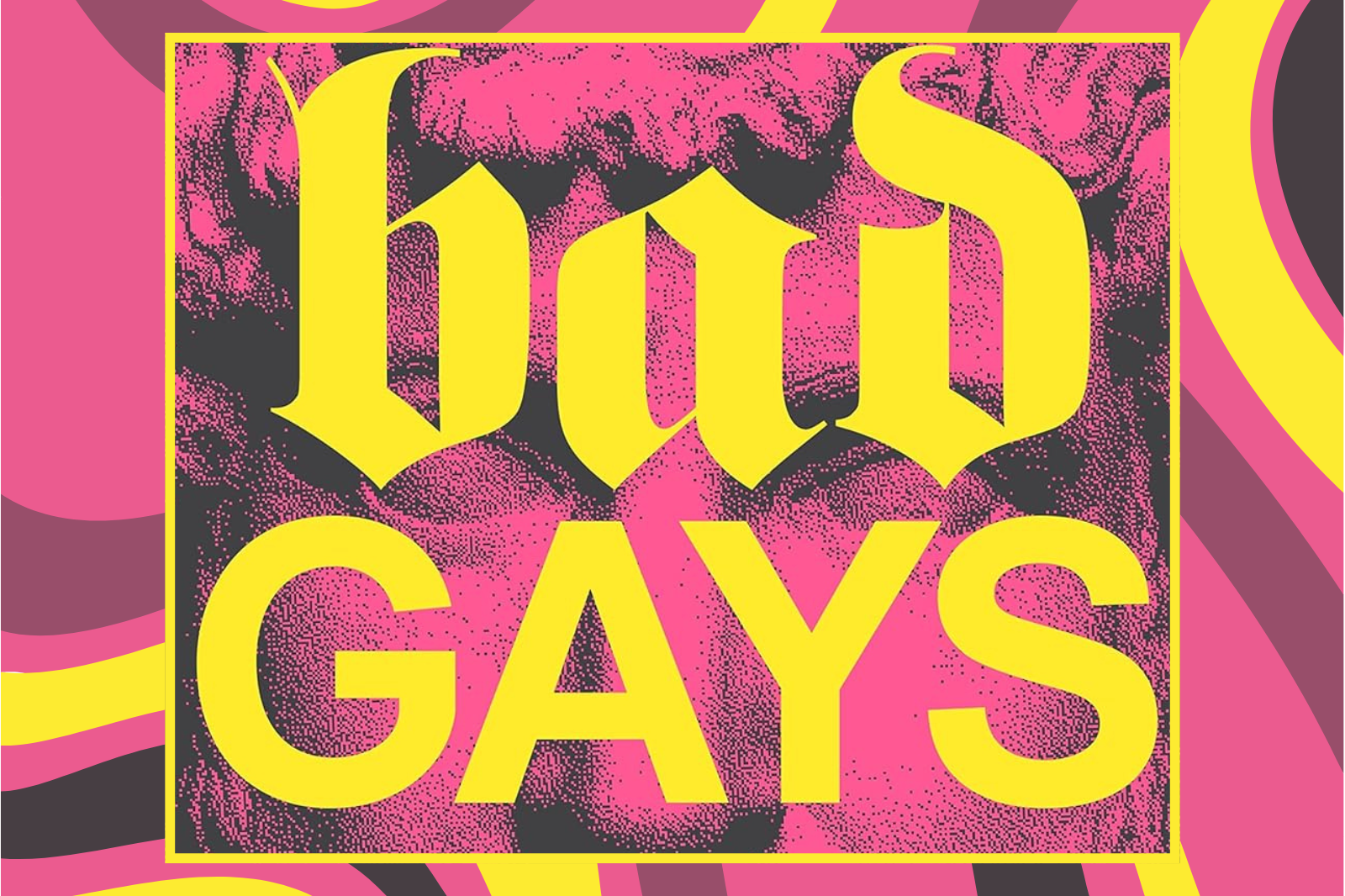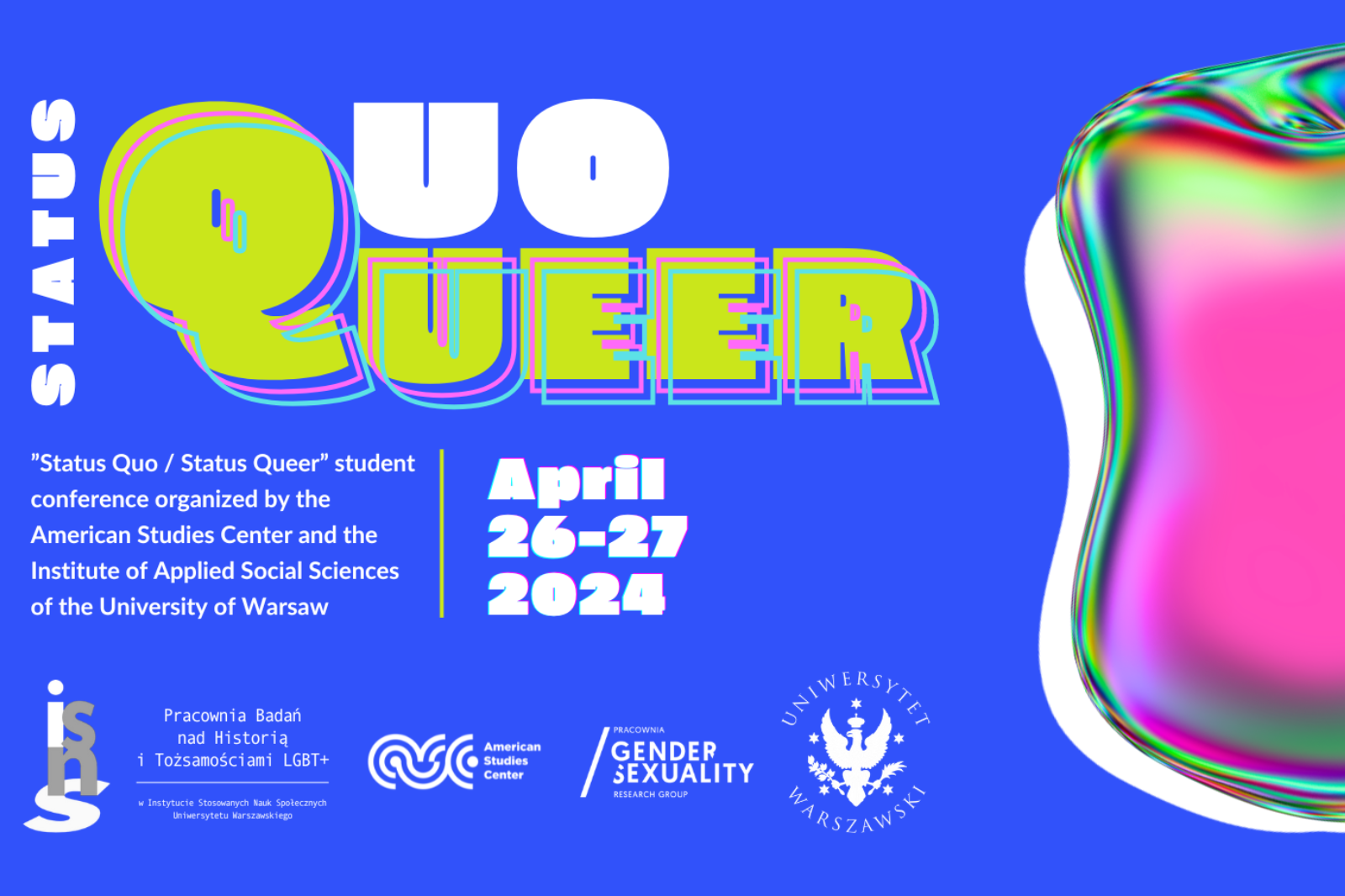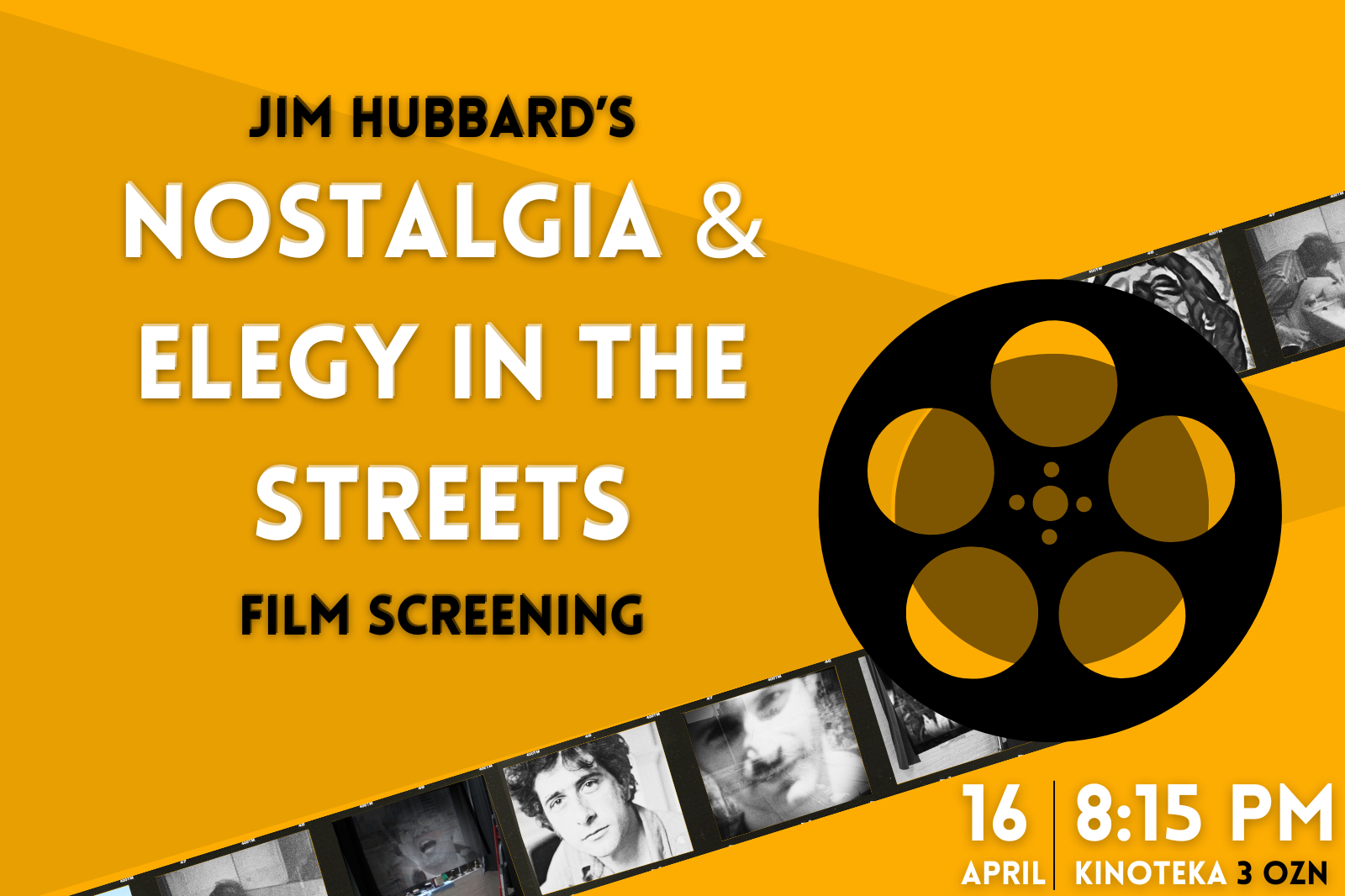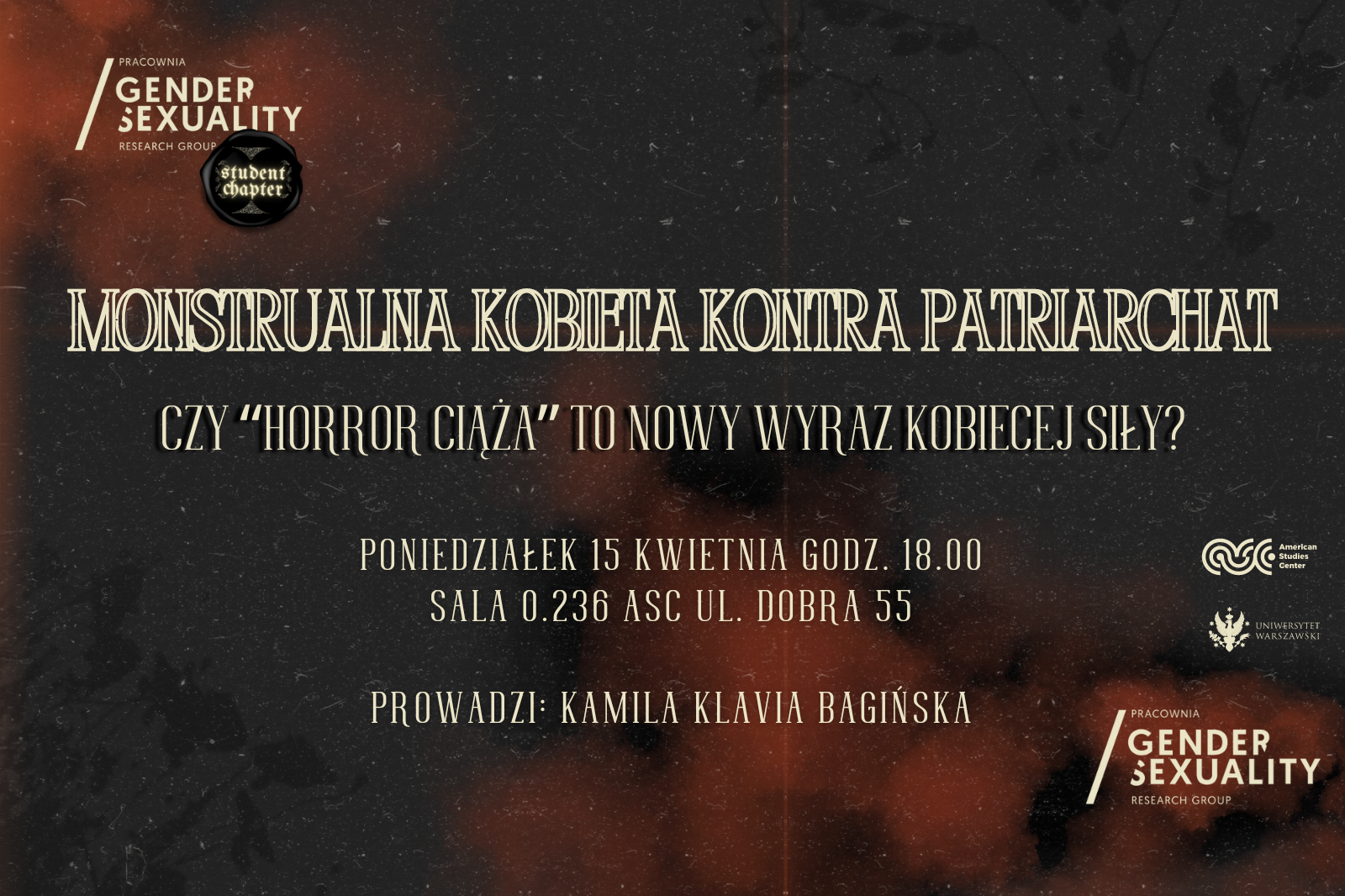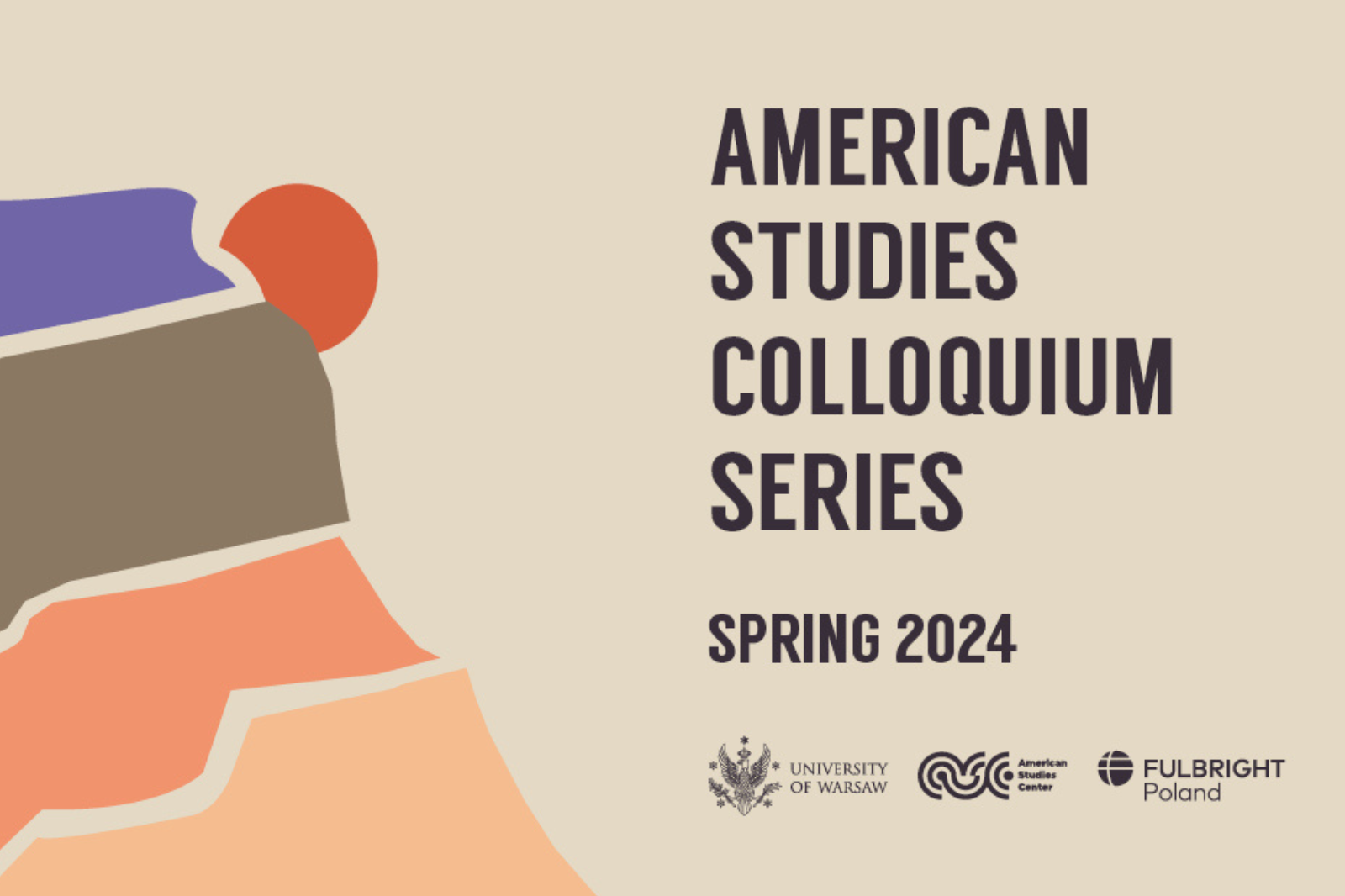Weird Fictions Research Group invites you to a talk by
Jędrzej Burszta
(University of Warsaw)
Weird Space Junkies: Speculations on the Psychedelic
This event is a part of the EcoGothic Landscapes series organized by the Weird Fictions Research Group members and their invited guests.
This fall we are talking about the messiness, the horror and the beauty of a transversal, intra-connected, deeply enmeshed world of human and non-human animals, plants, fungi… and more.
Monday, January 25, 2020
at 5:00 p.m.
You can get 2 OZN points for participating in this event.
Where?
This is an online event. To attend, click the button below or enter https://us02web.zoom.us/j/82181031913 into your browser, and join the meeting.
What?
Fictional drugs have been a common theme of science fiction narratives since at least the publication of Aldous Huxley’s Brave New World (1932), one of the first modern “drug dystopias” which expressed anxiety over the role of “euphoric, narcotic, pleasantly hallucinant” addictive substances in an authoritarian state’s control over society. In 1974, American sf writer Robert Silverberg wrote a report commissioned by the National Institute on Drug Abuse, presenting a detailed survey of fictional narcotics and other addictive substances appearing on the pages of sf stories throughout the twentieth century. His fascinating overview of drug themes was based on a proposed categorization of science-fictional drugs, among which Silverberg included such categories as “mind-expanders,” “sensation-enhancers” or “reality-testers,” in a way modeling his taxonomy on the countercultural understanding of the different experiences induced by both natural substances and synthetic compounds such as marijuana, LSD, peyote, psilocybin mushrooms and other hallucinogens.
In this lecture, Jędrzej Burszta proposes to examine the cultural history of psychedelic science fiction in the United States, focusing on the legacy of the 1960s New Wave movement, which introduced American readers to experimental speculative literature written by a new generation of authors who expressed progressive views on issues such as race relations, gender, sexuality and youth culture—including a more liberal consideration of the possible revolutionary affects of psychedelic experiences. Following Dave Boothroyd’s call for an experimental investigation of the conjunction of drugs and theory, the lecture will present a “narcoanalysis” of speculative fictions which radically question ontological certainties, either through textual uses of drugs-as-technology or through visual deployments of psychedelic imagery, destabilize modern distinctions between nature and culture, and offer new epistemologies of altered states of consciousness.
Who?
Jędrzej Burszta holds a PhD in Cultural Studies from the SWPS University in Warsaw (2019). Affiliated Faculty Member at the American Studies Center, where he teaches courses in literature, science fiction and queer culture. His research interests include ethnography, queer theory, American speculative fiction and popular culture. He recently co-edited (with Tomasz Basiuk) the volume Queers in State Socialism. Cruising 1970s Poland, Routledge 2021. He is also a novelist and writes for the theater.
